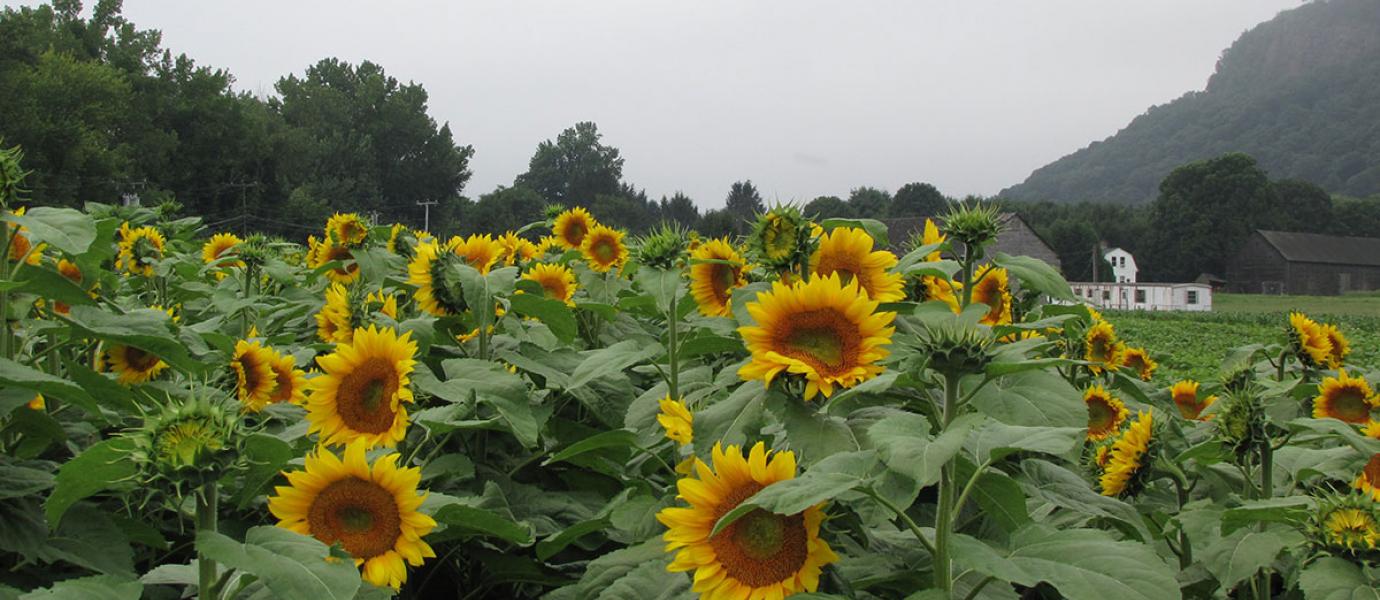Resources
Extension Sales Portal
Online portal to order both printed products and downloadable materials provided by the Center for Agriculture, Food, and the Environment faculty and Extension educators on topics related to agriculture, food and the environment.
Agriculture & Commercial Horticulture Resources
Resources provided by the Center for Agriculture, Food, and the Environment faculty and Extension educators on a variety of topics in the areas of agriculture and commercial horticulture.
Community & Economic Vitality
Many of the educational outreach programs of the Center for Agriculture, Food, and the Environment affect Massachusetts’ communities. Those efforts listed here are notable for the specific impacts they have at the community level. Some of these impacts are on one community, some on a group of communities, others on all communities in the state.
Disaster Preparedness
The resources gathered on this page provide pathways to useful information in preparing for or coping with effects of weather disasters, especially flooding and drought. The threats of these types of conditions seem to be increasing in the face of climate change and have clear impacts on communities, agricultural producers and many others.
Food Safety
Resources for the farm, industry and consumers for preventing foodborne illness in Massachusetts through educational programs that address control of foodborne pathogens throughout the food chain from industry and farm to table.
Home Lawn & Garden
Gardening and taking care of a home yard and lawn have long been important parts of life for families in Massachusetts and across the country. Many people have a tradition of coming to their Cooperative Extension when they have a pressing question to ask or need to find a service like soil testing. We hope that the resources you will find on this page will help with many of those needs.
Integrated Pest Management (IPM)
It is generally accepted that IPM is a systems approach to pest management, based on accurate pest identification and monitoring, use of economic and/or aesthetic thresholds, and use of all suitable control measures (including chemical, cultural, and biological controls). This is accomplished in an ecologically compatible manner, maintaining pest population levels below those causing economically significant injury. If no effective non-pesticide control measures are available, a key IPM tenet is that selected pesticides should result in the lowest possible risk to health or the environment.
Resources for Faculty and Staff
Helpful resources for the faculty and staff of the Center for Agriculture, Food, and the Environment.
